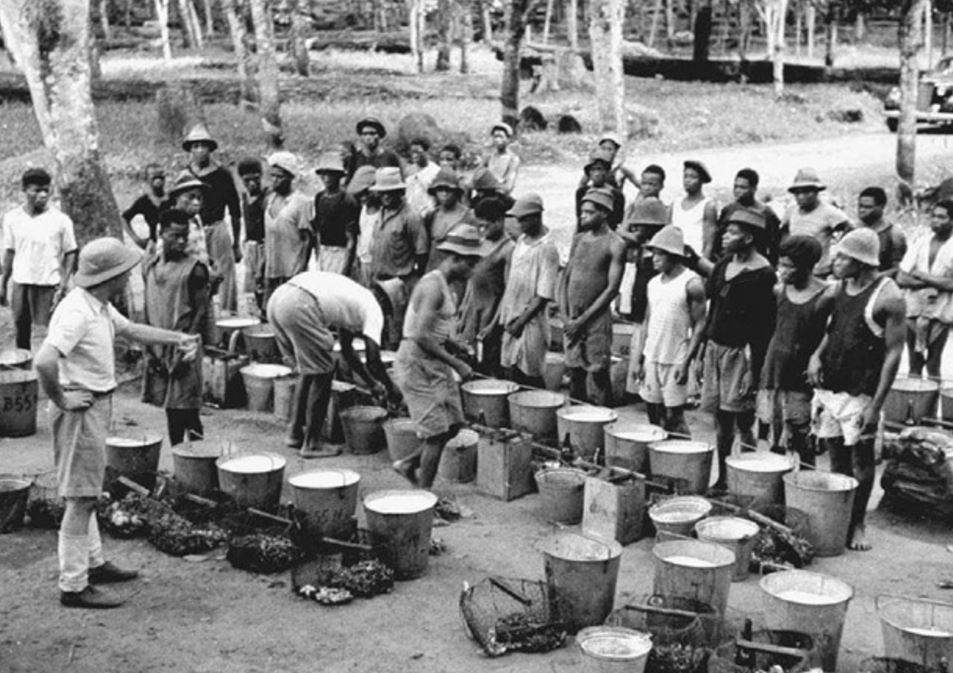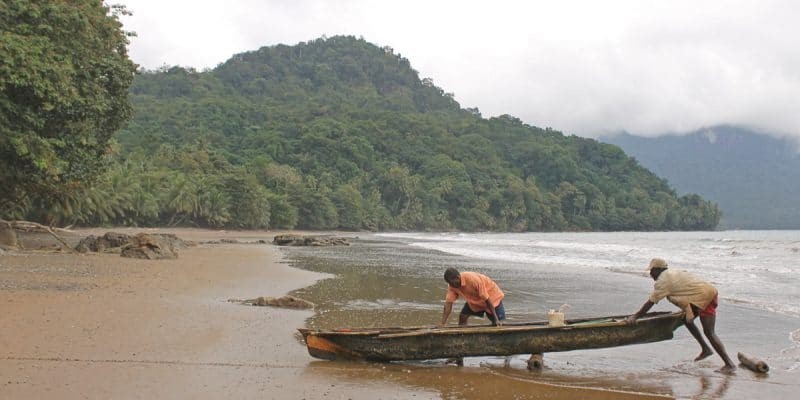Africa, a continent steeped in a myriad of cultures and histories, unfolds the captivating narrative of Cameroon. Nestled in West Central Africa, bordered by Nigeria, Chad, the Central African Republic, Equatorial Guinea, Gabon, and the Republic of the Congo, this nation’s name conceals a tale as rich and diverse as its landscape. Though the term “Cameroon” might not immediately evoke maritime imagery, its etymology unveils a fascinating connection to marine life, specifically the humble shrimp.
Understanding the history behind Cameroon’s name requires traversing a linguistic kaleidoscope that spans centuries. With over 250 distinct ethnic groups contributing to the country’s cultural fabric, Cameroon is a testament to linguistic diversity. While English and French stand as the official languages, reflecting the colonial past, the roots of the country’s name delve much deeper into its indigenous languages.
Cameroon’s name echoes both European and indigenous African roots, weaving a complex tapestry that interlaces colonial influences with local traditions. The European thread begins with Portuguese explorers who, in the 15th century, set foot on the country’s shores. They christened the region “Rio dos Camarões,” Portuguese for the “River of Prawns,” a nod to the abundant shrimp found in the Wouri River estuary. This early encounter between Europeans and the bountiful marine life played a pivotal role in shaping the country’s nomenclature.
The Portuguese, known for their seafaring prowess and ventures into uncharted waters, were the first Europeans to set foot on the land. Enchanted by the diverse and bountiful marine life, particularly the abundance of shrimp in the Wouri River estuary, they bestowed upon the region the name “Rio dos Camarões.” In the Portuguese language, this translates to the “River of Prawns.”
The choice of this name wasn’t merely a utilitarian description of the local environment; it was a symbolic connection between the explorers and the natural resources they encountered. The discovery of an area teeming with marine life, particularly shrimp, left an indelible impression on the Portuguese explorers. It signified not only the richness of the land but also the potential economic value that these resources held.

This early encounter between Europeans and the thriving ecosystem of the Wouri River played a pivotal role in shaping the nomenclature of the region. The term “Camarões” not only encapsulated the physical characteristics of the area but also represented a bridge between cultures. The Europeans, driven by the spirit of exploration, unintentionally left their mark on the toponymy of the region, setting the stage for the complex interplay between European colonialism and indigenous African traditions.
As European powers further explored and claimed territories across the African continent, the influence of their presence became deeply embedded in the toponyms of various regions, including Cameroon. The name “Cameroon” retained its maritime connection, acting as a linguistic artefact that echoes the early encounters between European explorers and the abundant marine life that graced the country’s waters.
This historical fusion of European and indigenous African roots in Cameroon’s name serves as a poignant reminder of the multifaceted nature of the country’s history. It highlights the intersections of cultures, the unintentional impact of exploration, and the enduring legacy of names bestowed upon lands during a pivotal era of global discovery. The “River of Prawns” became not just a geographical identifier but a symbol of the dynamic intercultural exchanges that have shaped Cameroon’s identity over the centuries.
While the Portuguese legacy left its mark, indigenous languages and cultures also played a significant role in shaping the evolution of the name. In the Duala language, spoken by the Duala people along the Wouri River, “Cameroon” is believed to be derived from “kameroon,” meaning “river of shrimps.” The indigenous interpretation aligns with the Portuguese naming, emphasising the significance of the river and its aquatic inhabitants in shaping the identity of the land.
The late 19th century marked a pivotal shift in the history of Cameroon as European powers, primarily Germany, and later France and the United Kingdom, vied for control over African territories. This period of colonisation brought about changes not only in political and social structures but also in language and nomenclature. The German colonisation, which commenced in the late 19th century, saw the country named “Kamerun,” maintaining a semblance of the Portuguese original.
The colonial era not only introduced new names but also triggered linguistic transformations. As European powers redrew borders and imposed their languages, indigenous names often underwent modifications. In the case of Cameroon, the German influence persisted until the end of World War I when the League of Nations mandated the territory to be administered by France and the United Kingdom.

Cameroon gained independence from French and British colonial rule on January 1, 1960, and February 11, 1961, respectively. The country’s name, however, retained its maritime connection. The linguistic duality, with English and French as official languages, symbolises the historical amalgamation of European and indigenous influences.
While modern Cameroon is a melting pot of cultures, languages, and traditions, the symbolism of its name endures. The shrimp, once a source of fascination for European explorers, remains a symbol of the country’s ecological richness. Beyond its literal meaning, the name “Cameroon” encapsulates the interconnectedness of history, culture, and geography, reflecting the nation’s journey from the banks of the Wouri River to the global stage.
In the vast expanse of Africa, where each nation tells a unique story, Cameroon’s name stands out as a testament to the confluence of European exploration, indigenous traditions, and the enduring influence of marine life. The shrimp-inspired journey from “Rio dos Camarões” to modern-day Cameroon encapsulates the layers of history that have shaped this West Central African nation. As Cameroon continues to evolve, its name remains a bridge connecting the past with the present, a reminder of the diverse forces that have contributed to the identity of this vibrant and dynamic country. The unfolding odyssey of Cameroon’s name serves as an enduring testament to the resilience and interconnectedness of human history and the natural world.
Sources
- https://en.wikipedia.org/wiki/History_of_Cameroon
- https://vallis-group.com/cameroon-a-country-report/#:~:text=The%20name%20Cameroon%20is%20derived,the%20Wouri%20River%2C%20i
- .
- https://vallis-group.com/cameroon-a-country-report/#:~:text=The%20name%20Cameroon%20is%20derived,the%20Wouri%20River%2C%20in%20Douala.
- https://qz.com/africa/1722919/how-many-african-countries-got-their-names#:~:text=Coming%20across%20the%20Wouri%20river,to%20become%20the%20country%20name.




